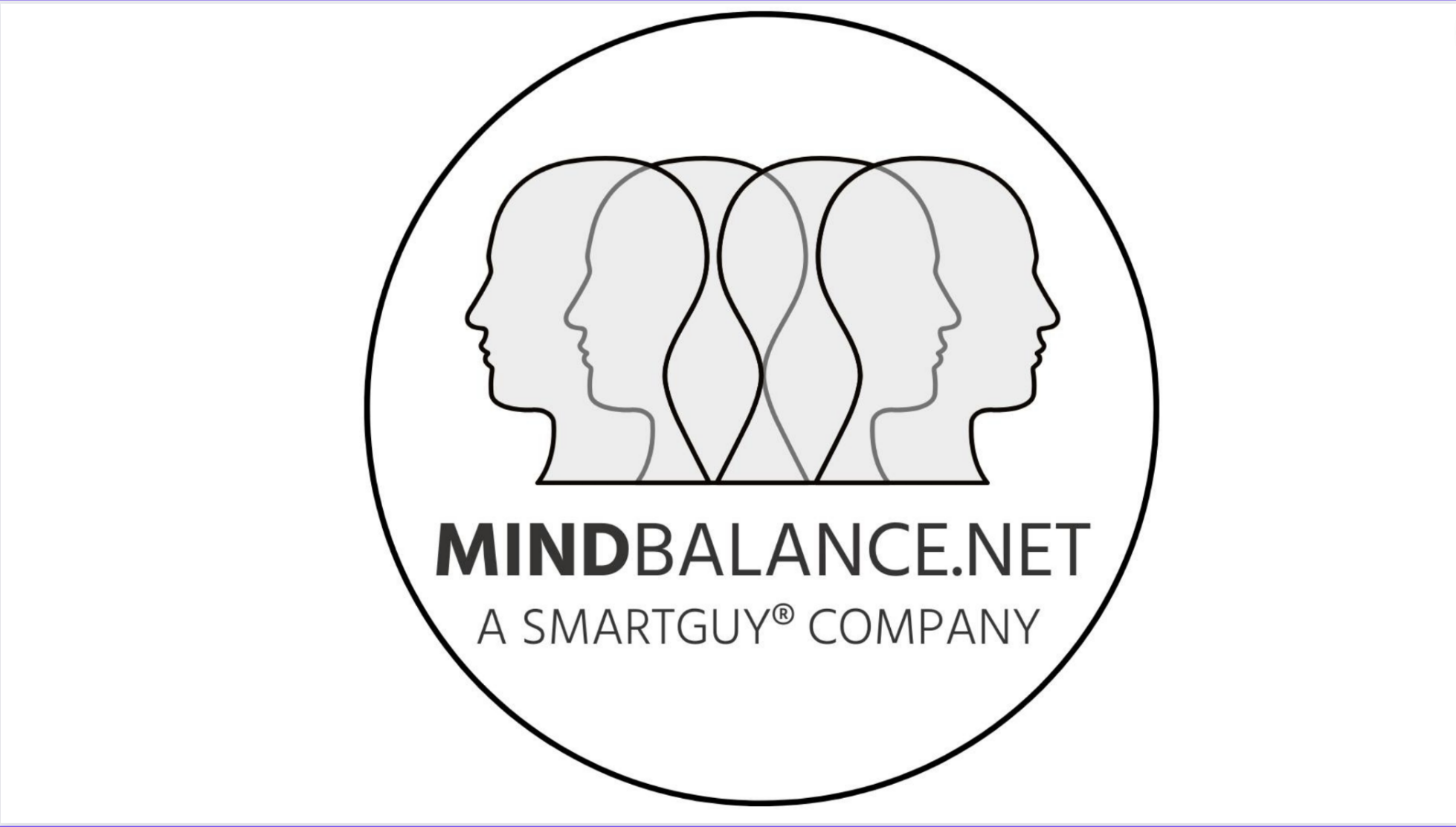Stress Management Strategies-Your Roadmap to a Calmer and Healthier Life
"Stress Management Strategies: Your Roadmap to a Calmer and Healthier Life"
In today's fast-paced world, stress has become a common companion in our lives. However, excessive and unmanaged stress can take a toll on our physical and mental well-being. The good news is that effective stress management strategies can help us regain control, reduce the impact of stress, and lead a more balanced and fulfilling life. In this comprehensive guide, we'll explore a range of stress management techniques and tips to help you navigate life's challenges with resilience and calm.
1. Identify Stressors:
The first step in stress management is identifying the sources of your stress. Pinpoint the specific situations, people, or factors that trigger your stress reactions. Understanding your stressors empowers you to address them more effectively.
2. Practice Mindfulness and Meditation:
Mindfulness and meditation are powerful techniques for managing stress. They involve staying present in the moment, observing your thoughts without judgment, and promoting relaxation. Regular practice can reduce anxiety and enhance overall well-being.
3. Exercise Regularly:
Physical activity is a natural stress reliever. Engaging in regular exercise releases endorphins, which are natural mood lifters. Find a physical activity you enjoy, whether it's walking, jogging, yoga, or dancing, and make it a part of your routine.
4. Maintain a Balanced Diet:
Proper nutrition plays a significant role in stress management. Avoid excessive caffeine and sugar, which can exacerbate stress. Focus on a balanced diet rich in fruits, vegetables, lean proteins, and whole grains to support your physical and mental health.
5. Get Adequate Sleep:
Quality sleep is essential for stress management. Aim for 7-9 hours of restful sleep each night. Create a bedtime routine, avoid screens before bedtime, and create a comfortable sleeping environment to improve sleep quality.
6. Set Realistic Goals and Prioritize Tasks:
Overcommitment and unrealistic expectations can contribute to stress. Set achievable goals and prioritize tasks to avoid feeling overwhelmed. Break larger tasks into smaller, manageable steps.
7. Practice Deep Breathing and Relaxation Techniques:
Deep breathing exercises and relaxation techniques can help you calm your mind and body. Try techniques like diaphragmatic breathing, progressive muscle relaxation, or guided imagery to reduce stress.
8. Establish Boundaries:
Setting boundaries is crucial for stress management. Learn to say "no" when necessary and protect your personal time and space. Establish clear boundaries between work and personal life to prevent burnout.
9. Seek Social Support:
Social connections are a significant buffer against stress. Reach out to friends and loved ones for support and connection. Talking about your stressors with trusted individuals can provide emotional relief.
10. Consider Professional Help:
If stress becomes chronic or significantly impacts your daily life, consider seeking professional guidance from a therapist or counselor. They can provide tailored strategies and support to manage stress effectively.
In conclusion, stress management is essential for maintaining a healthy and balanced life. By identifying stressors, practicing mindfulness and meditation, exercising regularly, maintaining a balanced diet, getting adequate sleep, setting realistic goals, practicing relaxation techniques, establishing boundaries, seeking social support, and considering professional help when needed, you can develop a personalized toolkit for managing stress. These strategies, when consistently applied, can empower you to navigate life's challenges with resilience and lead a calmer and healthier life.
For more information, visit www.MindBalance.net
Category: Mind Balance
Related Articles
- Slow-Cooked Lamb Shanks with Rosemary and Garlic
- Cultivation and Improvement of Personality Traits to Deepen Ones Relationship with God
- Boosting Self-Confidence and Self-Esteem - Your Path to Empowerment
- The Imperative of Unity - Why SmartGuy and Coexistence is Key to Global Survival
- Understanding the Link Between Mental Health and Substance Abuse
- Exploring World Religions - A Colorful Journey for Kids
- How to become a problem solver
- Grilled Salmon with Lemon Butter Sauce
- Environmental toxins that can have significant effects on mental health
- Mastering the Mindset Shift - Effective Tips for a Positive Transformation
- Ways to Remove Stress from Trauma in the Nervous system
- Teenagers are rushing to MindBalance rather than wasting time on TikTok
- Navigating Diversity - Jerusalem's Tactical Approach to Interfaith Harmony
- Cultivating Key Skills to Overcome Anti-Semitism and Hate
- Overcoming Ego and Self-Centeredness - Lessons from World Religions
- The Vital Connection Between Mental Health and Sleep
- The Universal Appeal of The Book of Seven by J R Wexler - A Beacon of Harmony and Understanding
- Adventurous Romance -The Key to Enhancing Relationship Chemistry
- Navigating Technology and Media for Optimal Mental Well-Being
- A Universal Prayer for Peace and Understanding Embracing Diverse Faiths
Business News
Popular Posts
- Universal Pursuit of Happiness - Wisdom from World Religions
- Overcoming Ego and Self-Centeredness - Lessons from World Religions
- Transcending Materialism - Spiritual Practices from World Religions
- Overcoming Prejudice and Intolerance - Guidance from Global Faiths
- How Mind Balance Can Improve the Mindsets of Employees
- Interfaith Insights by 1WorldPeace - The Top 100 Universal Beliefs in Global Spirituality
- Bridging Beliefs - Finding Common Ground in Love and Respect
- The SmartGuy Vision - A United Future Through Interfaith Love and Respect
- A Cautionary Vision - The Grim Future of a Divided World Without Love and Balance
- A Tapestry of Faiths - Exploring the Common Threads in World Religions
- Fostering Harmony Among Christianity Islam Buddhism Hinduism and Judaism
- Preparing Kids for Adulthood - 15 Vital Skills They Wont Learn in School
- Navigating Diversity - Jerusalem's Tactical Approach to Interfaith Harmony
- Clearing Mental Plaque: The Path to Enhanced Communication and Divine Connection
- Why Return to Jesus Christ and the Church
- Top 50 Ways to Live Longer
- Adventurous Romance -The Key to Enhancing Relationship Chemistry
- Pork Tenderloin with Mustard Cream Sauce
- Navigating Technology and Media for Optimal Mental Well-Being
- Understanding the Link Between Mental Health and Substance Abuse
